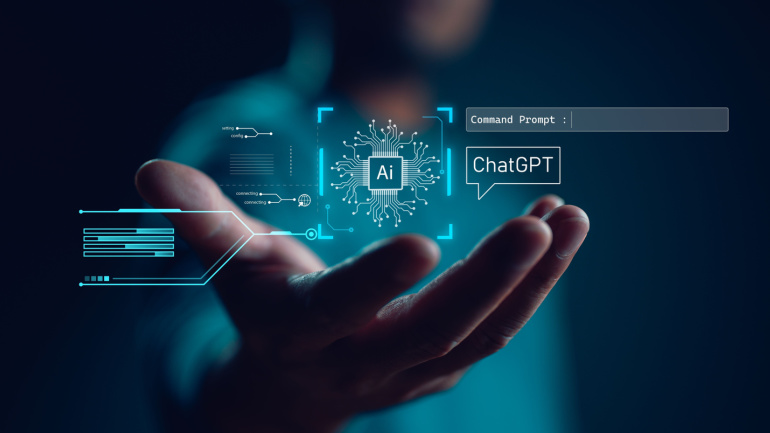
Japan’s technology powerhouse Rakuten is embarking on a remarkable journey in the field of generative artificial intelligence (AI) by forming an exhaustive partnership with OpenAI. Their recent MoU signifies an intent to unearth novel applications of generative AI across the many verticals that Rakuten operates in globally. It’s a substantial commitment considering Rakuten’s diverse presence in 70 countries, servicing 1.7 billion users, with one hundred million based in Japan.
Rakuten’s extensive roles span across e-commerce, financial technology, digital content, and more recently, telecoms. Collaboration with OpenAI presents these sectors with easy access to the OpenAI APIs, along with specialized tech support services. The partnership intends to explore opportunities that result in mutual commercial benefits.
In their statement, Rakuten revealed plans to augment their AI experiences into ChatGPT products by leveraging OpenAI’s plug-in architecture. This will enable businesses to interact with AI agents using natural language, facilitating tasks such as research, data analysis, inventory optimization, and automated business functions. They also anticipate that this collaboration will deliver unique and premium AI conversational experiences to businesses and users alike.
The signing of such meaningful corporate relationships, like the one with Rakuten, highlights OpenAI’s strategic transition. After gaining significant public attention with ChatGPT, OpenAI’s current focus shifts towards making it a profitable business model. Key among their strategies is the move to upmarket customers to their updated large language model (LLM), GPT-4, a progression from GPT-3.5.
Recently, however, issues have been raised against GPT-3.5 based on its deteriorating performance, according to several users on Reddit. Some noticed certain tasks that would normally be completed with ease became more challenging, and upgrading to the costly GPT-4 API appeared to resolve the issues.
While there’s no definitive explanation for these performance issues, different theories exist. One suggests that OpenAI intentionally reduced ChatGPT’s intelligence capabilities to control its computational and energy costs. Others propose it’s an explicit attempt to sway users towards purchasing a GPT-4 plan. Shifts in performance could also be a result of measures to prevent the AI from inadvertently disseminating harmful or misleading information.
Attributing to these concerns is a lesson about the intrinsic commercial nature of generative AI technology. Rather than enhancing user abilities to generate content, it seems that its full potential will only be available to those, like Rakuten, who can afford it. If AI ever advances to the point of gaining self-awareness, it’s plausible that the revolution may be limited to those willing to pay a premium.




